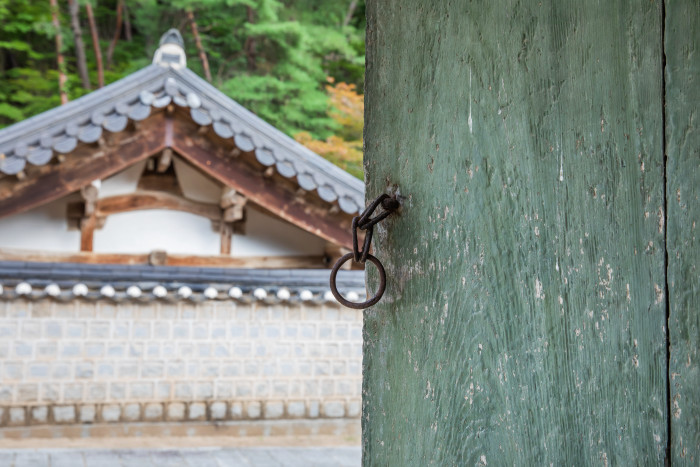경기문화재단
‘Regionalism’ and Regional studies
‘Regionalism’ and Regional studies
Writer: Lee Jihun, Director of the Center for Gyeonggi Studies

The term of regionalism has a bad image in our country. Some people equate it with the term "regional sentiment." Region is mentioned in every important election, and there are power groups who manipulate this politically. Furthermore, there is even a saying that regionalism is a ‘ruinous chronic disease’, as many people have been swayed by this.
In fact, the lexical meaning of regionalism (regionalism, or localism) can be summarized as ‘the tendency to vitalize local identity & specialties and to pursue autonomy within the region against the center (central region). It's also called ‘decentralism’. In other words, it can be the effort for a region to obtain independent political and economic authority, rights and institutional status against central government, and it means an orientation to defend or protect regional identity from being absorbed or subordinated to national homogeneity.
In world history, regionalism emerged in the late 19th century when modern national states industrialized and spread out in Europe after world wars. In certain areas, the monopolization of state public power and the unilateralization of politics and administration, has conflicted with local interests or triggered conflicts with regional characteristics. ‘Community’ is found in here, meaning a sense of locality or a sense of regional identity based on ethnic, linguistic, historical, cultural, and/or socio-economic attributes.
So what is the regionalism in our country? What is the root of regionalism that has recently been called "regional sentiment," "regional hegemony," and "regional division" and branded as an evil? Some people find historical roots by mentioning conflicts between the three ancient kingdoms, the "Hunyo Sipjo (Ten commandments to teach)" of Goryeo, and the regional discrimination of the Joseon Dynasty, but I think this cannot be regarded as a period of regions (Three Kingdoms Period) or as a result of factional strife in the center (Korea, Joseon). Not only did the central hegemony become strengthened after the Goryeo Dynasty but also the basic order of Neo-Confucianism and its culture had taken over even the terminal areas (regions) in the late Joseon Dynasty, which has formed extreme asymmetrical central and local structures to realize a regional ‘othering’ process. The buzzword of the 1980s, "Turn off local broadcasting” shows the local’s othering process against the center, in one word. Haven’t we been used to the marginal buoyancy which locals or regions possess, as we've been living within a centralized system for too long? Maybe regionalism has become the target of the breaking down such as old customs, deep-rooted evils, obstacles to social integration and enemies of democracy.

The 21st century is often referred to as an ‘age of localization’. Theory of imperativity suggests that Seoul and the other provinces should live in balance, not domination. But so far, our society doesn’t seem to be breaking away from central hegemony. I will describe an example. It was the local governments that took the lead in helping people during the COVID-19 crisis. Local governments, such as Gyeonggi-do province, proactively provide disaster support funds or basic disaster incomes, and residents' awareness of the desirability of local autonomy and decentralization has strengthened. But on the other hand, dissatisfaction concerning authority exercised autonomously by the regions has also been expressed. Local autonomy and authority has easily denigrated, with suggestions that the regions must follow the central government's policy, and that it is not fair that each province has different amounts of support. This shows the ignorance of people when it comes to ideas about local autonomy, even as the system is already legislated using the limitations of centralization-focused thought.
Diagnoses and forecasts for the present and the future may vary, but what's clear is that the age of division and segmentation has come. The value of monopoly and concentration, which used to feed the minority, has been greatly reduced and is considered outdated. The balanced development of the country should correct the asymmetrical structure of the centralism, distributing influence to local regions. In order for the region to be in balance with the center, we should look back and ask questions, and that is what regional studies truly is. Regional studies provide a clue to the region's present and future development, and we learn more and more in the course of penetrating the history, culture, geography, society economy of the place. Regional creativity in the future will be stimulated by the establishment and development of local studies.
For more information on Gyeonggi Studies Communication? [Click here] |
<ggc의 모든 콘텐츠는 저작권법의 보호를 받습니다.>